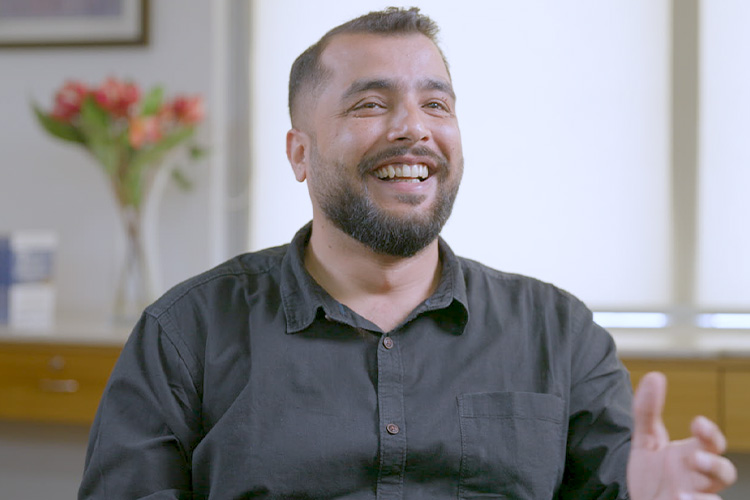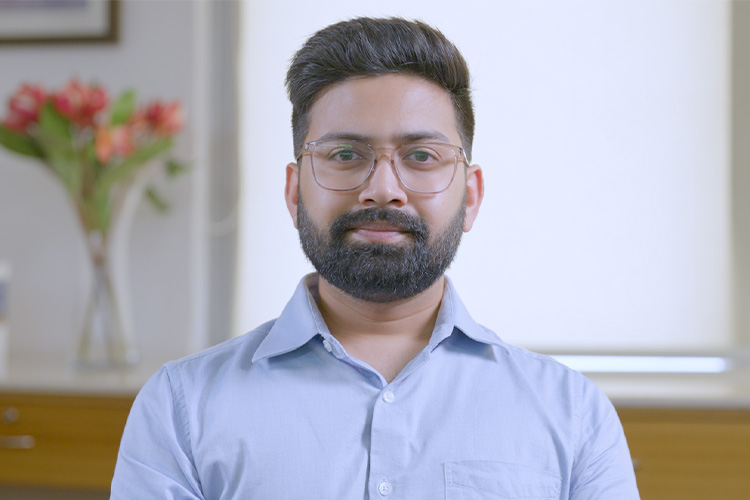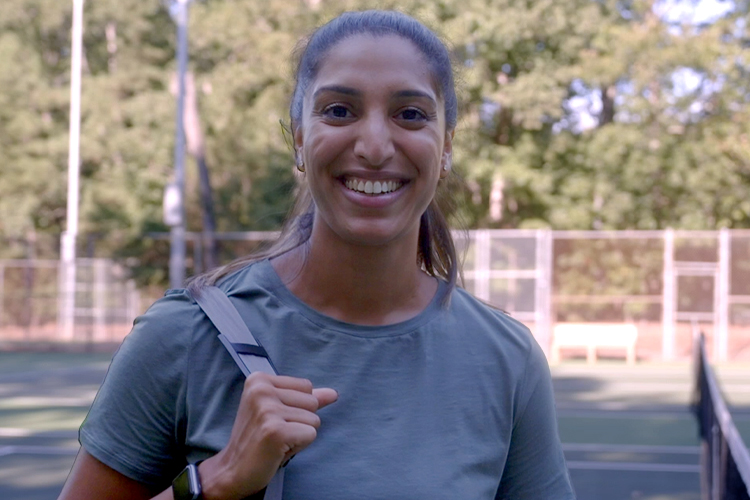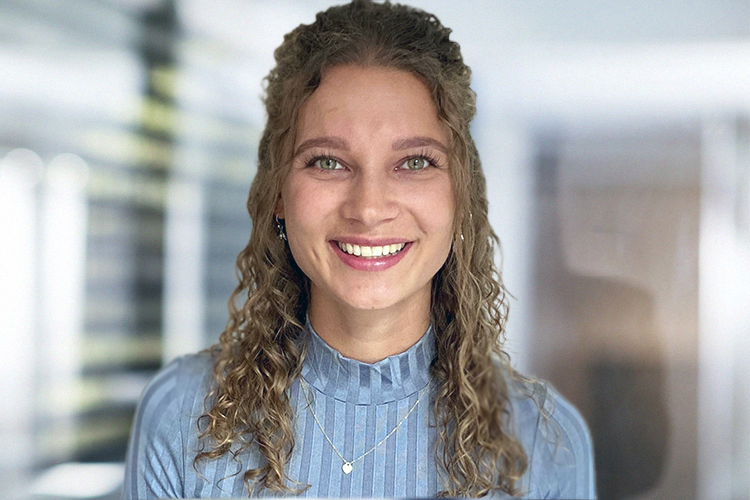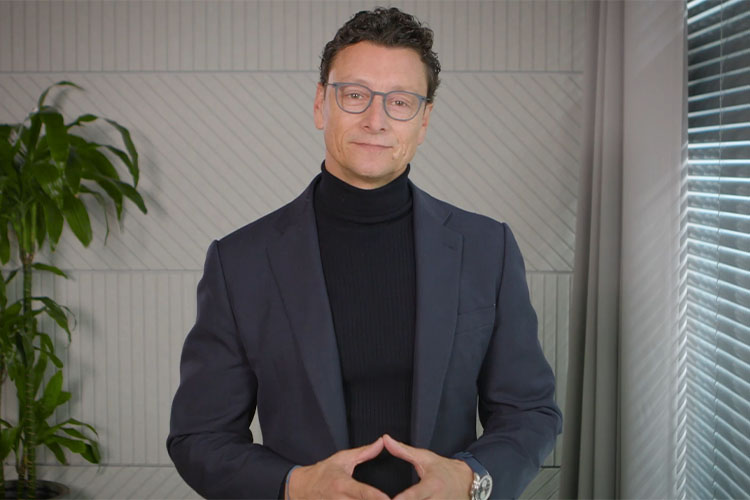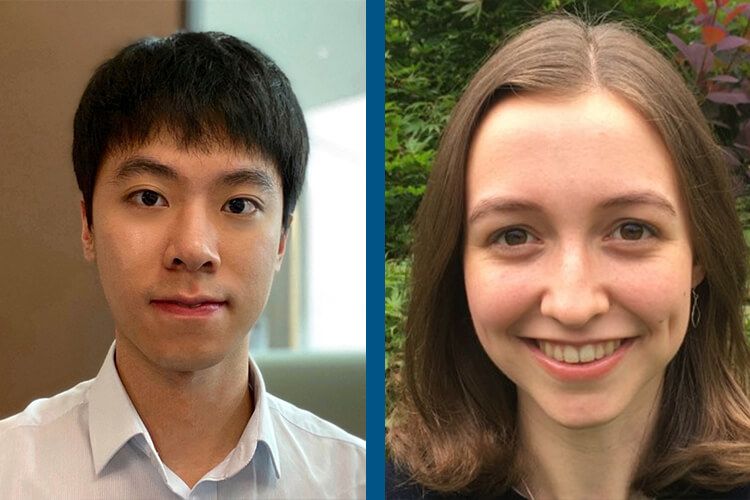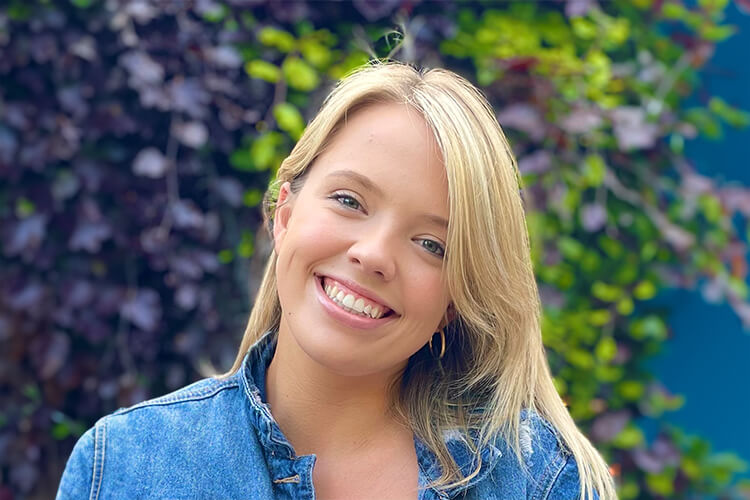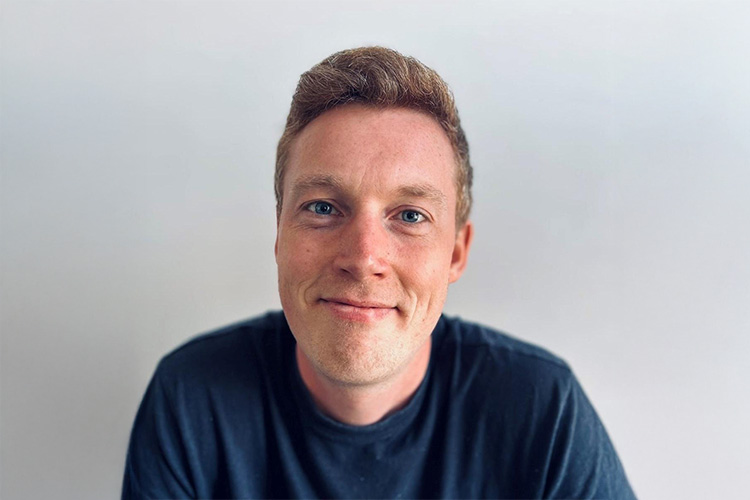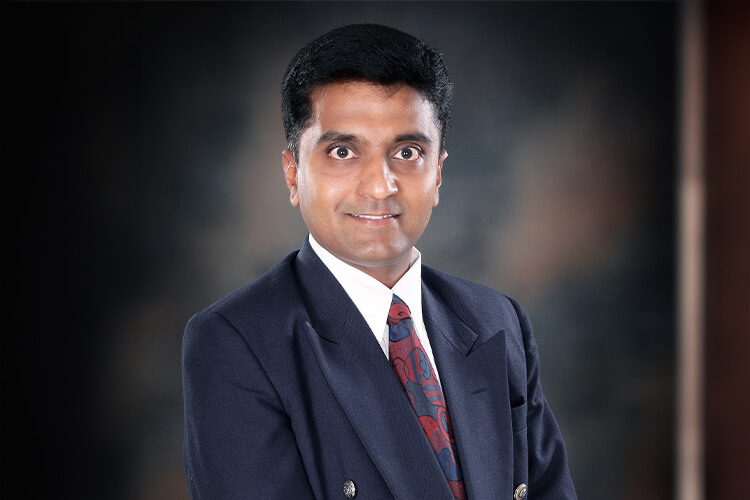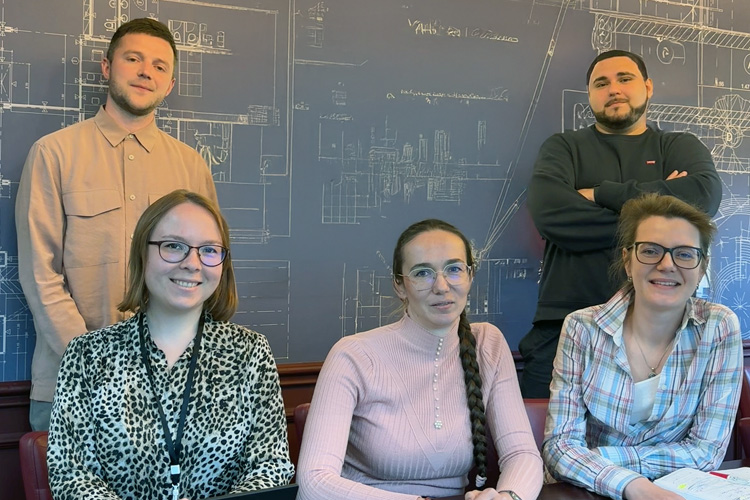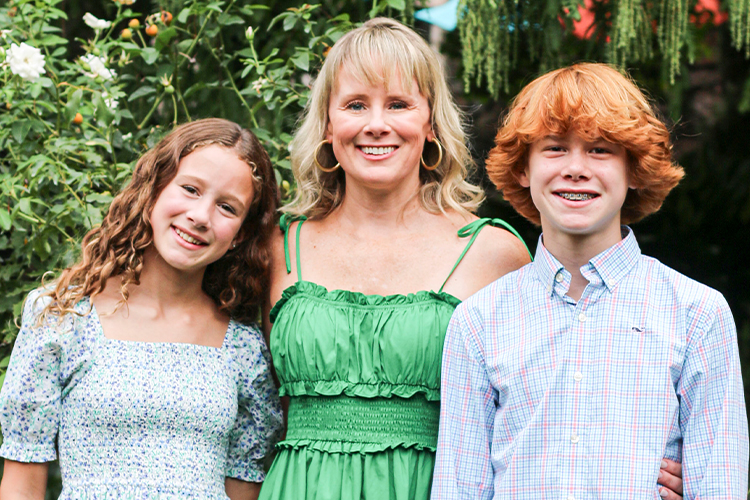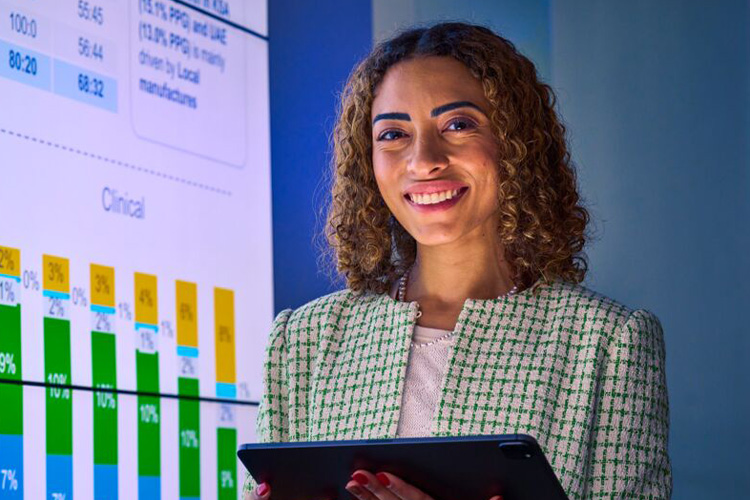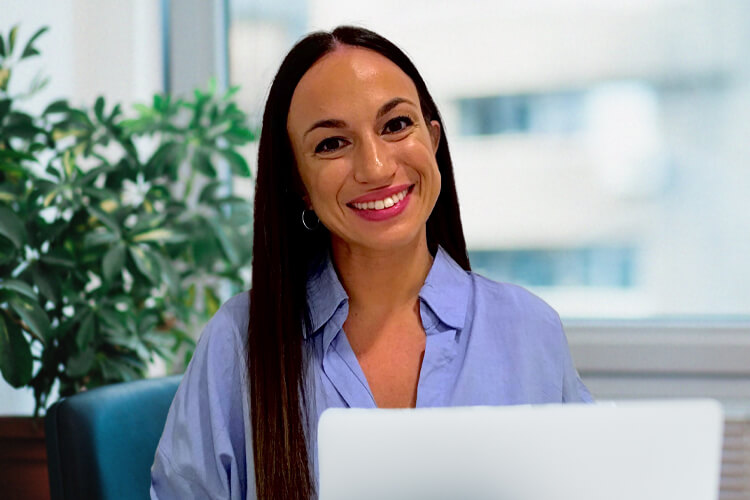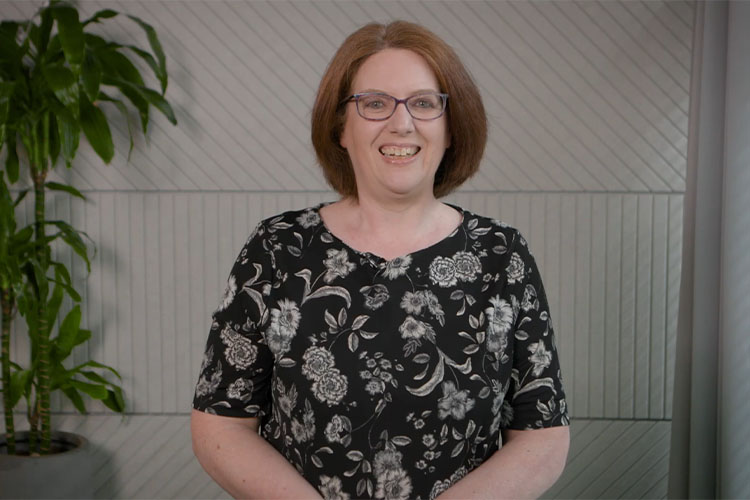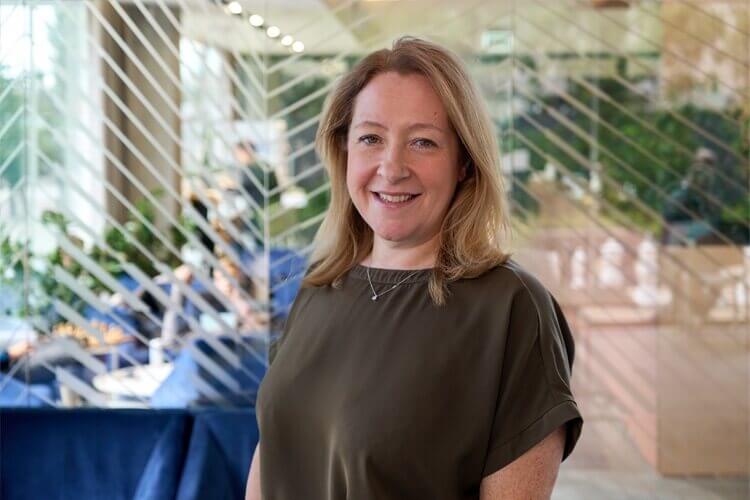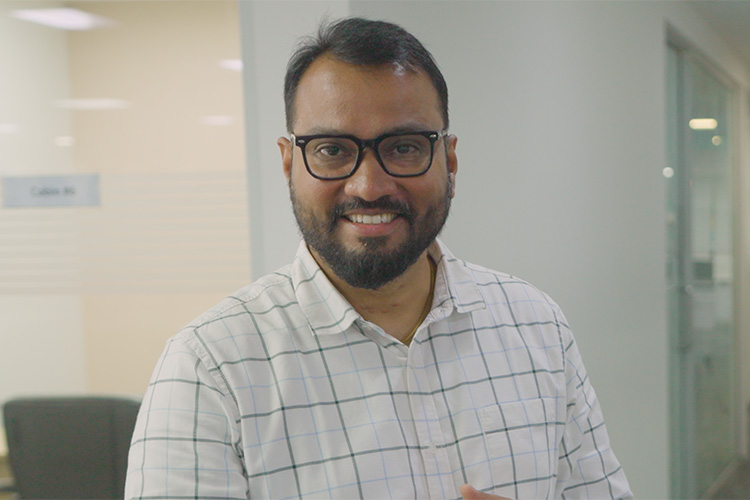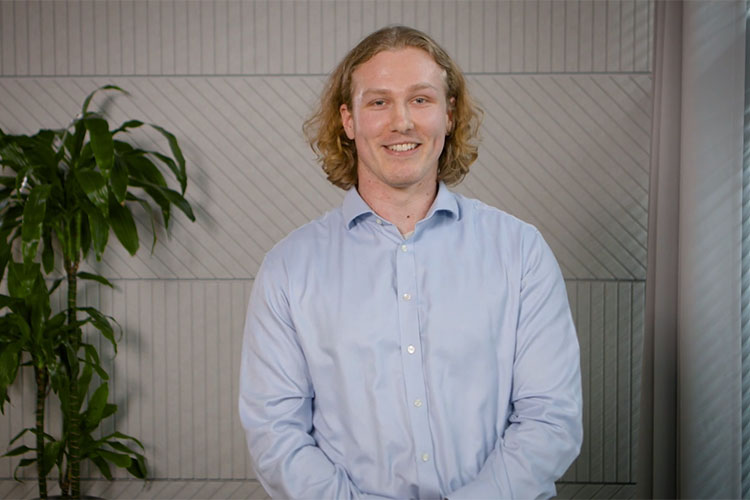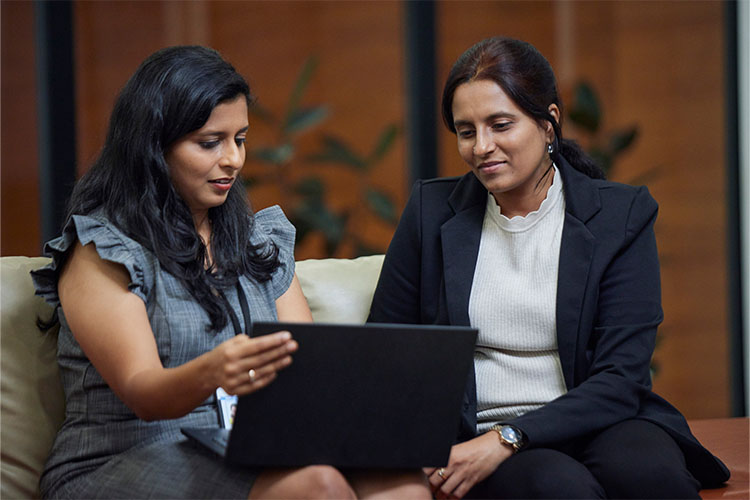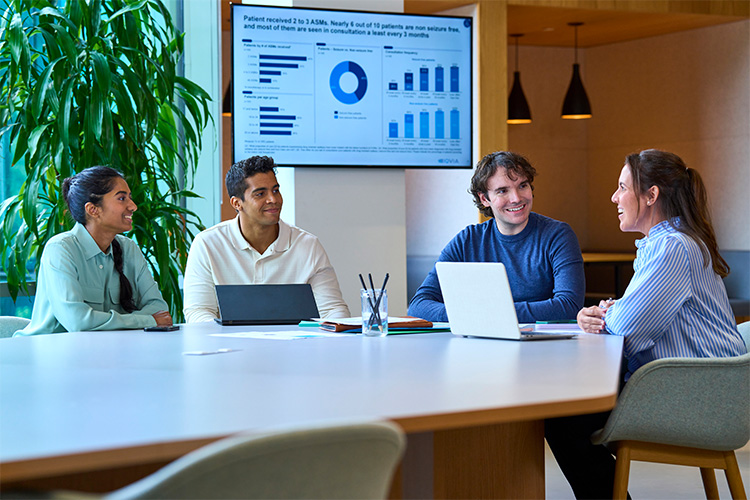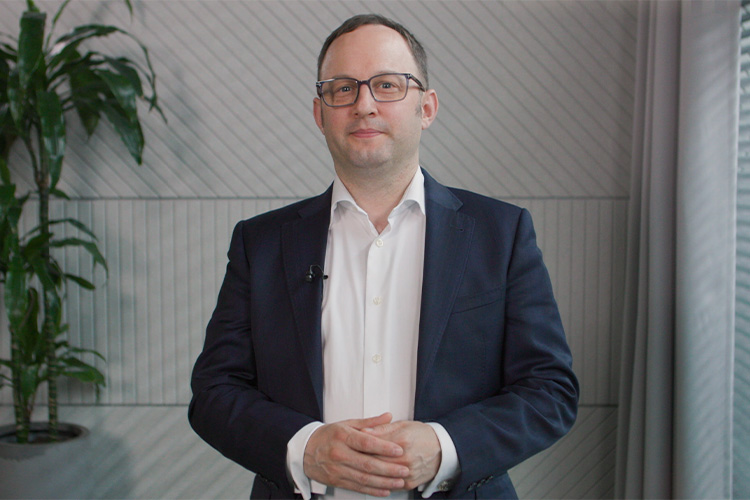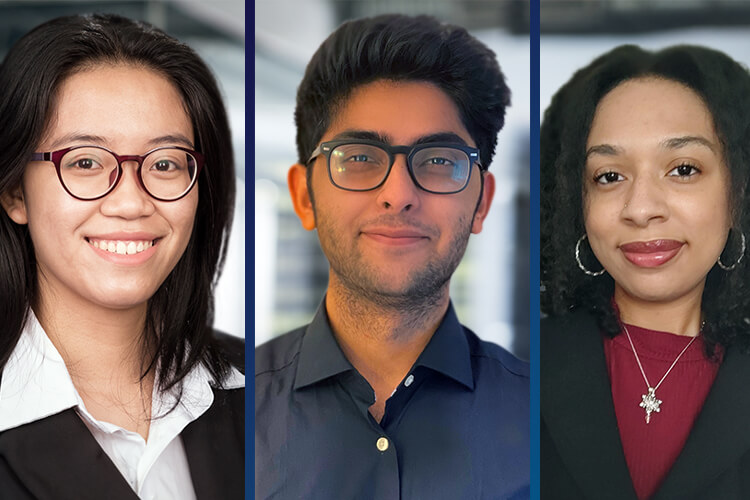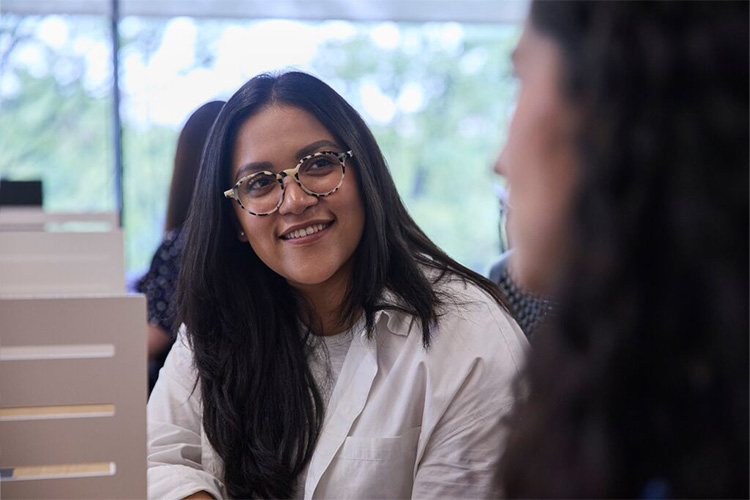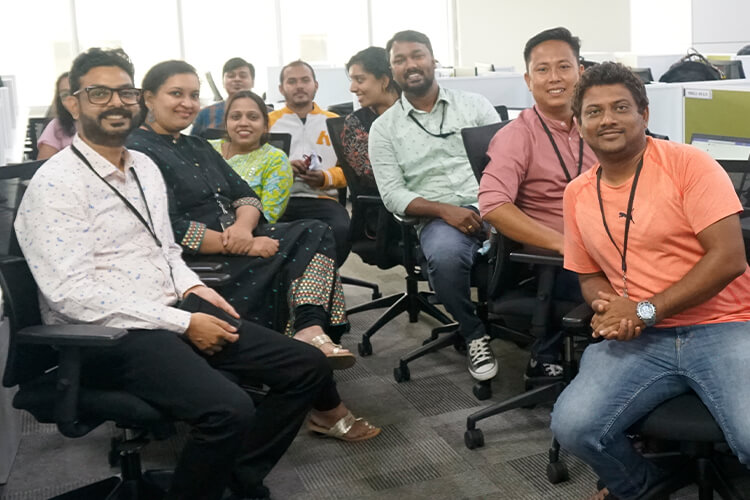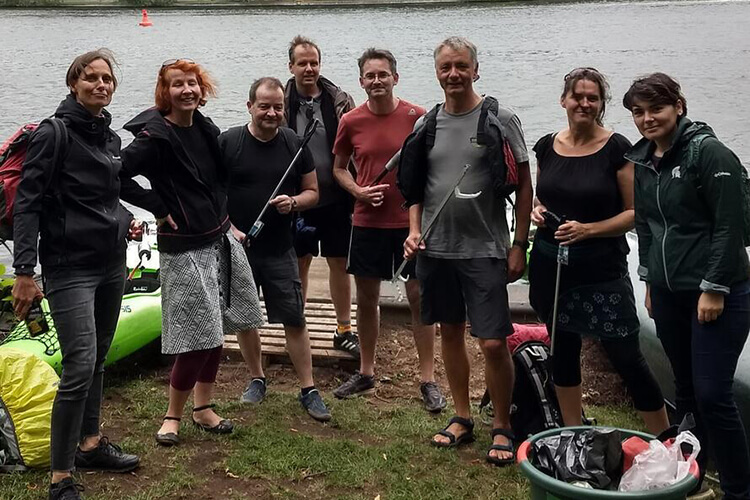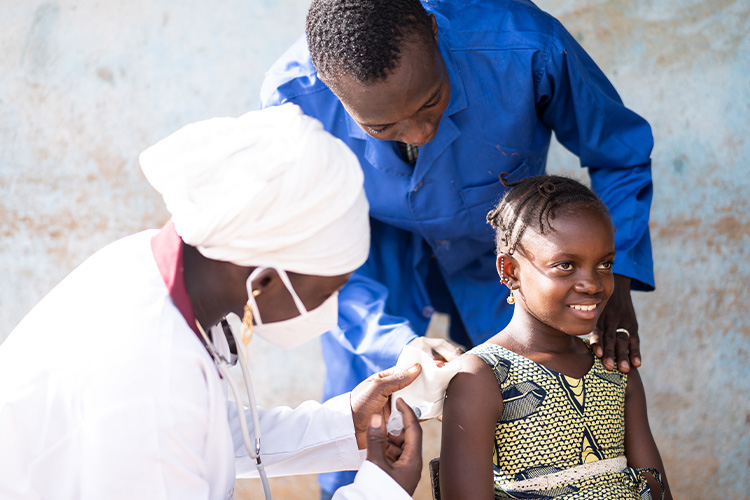
Work that matters: How IQVIA is helping eradicate polio in Africa

![]() / Life at IQVIA — Post
/ Life at IQVIA — Post
Want to work where you can make a difference? Learn how IQVIA is using its data, analytics and expertise to eliminate polio in Africa.
If you’re looking for a career where you can make a meaningful impact on global health, IQVIA is the place to be. Every day, our teams use data, technology and public health expertise to solve some of the world’s toughest healthcare challenges. One powerful example of our work is our role in the fight to eradicate polio in Africa. By supporting surveillance efforts, improving vaccination campaigns and strengthening health systems, IQVIA is playing a key role in ensuring a polio-free future.
Polio eradication: a global effort with a local impact
Polio remains a critical public health concern, both globally and in Africa. While the continent was declared free of wild poliovirus in 2020, outbreaks of vaccine-derived poliovirus type 2 continue to pose challenges. Thanks to global eradication initiatives and modern disease surveillance techniques, the number of polio cases in Africa has dropped from 30,000 in 1980 to fewer than 400 today. However, keeping cases at bay requires constant vigilance, particularly in areas with low immunization rates.
How is IQVIA making a difference?
To that end, IQVIA’s public health teams are actively involved in on-the-ground efforts. Nelia Langa, an IQVIA polio consultant and field epidemiologist stationed in Rwanda, describes her work in an IQVIA podcast:
“On a typical day, I analyze polio surveillance data, prioritize health facilities based on risk levels and conduct site visits. At high-priority sites, I provide technical support, train healthcare workers and ensure timely sample collection for lab testing. This helps us identify poliovirus cases and implement swift interventions like vaccination campaigns.”
IQVIA Healthcare-grade AI™ plays a role in polio eradication, too. Our AI-driven modeling and advanced analytics allow researchers to forecast polio outbreaks, helping public health teams plan vaccination campaigns more effectively. Nelia’s role involves collaborating with governments and global health partners on the insights these models uncover to coordinate outbreak response efforts.
Empowering communities to detect and prevent polio
Surveillance is at the heart of polio eradication, and communities play a crucial role in early detection. IQVIA supports community-based surveillance programs, equipping local health workers with training, education materials and case definitions to identify suspected polio cases.
“Communities are essential in detecting cases of acute flaccid paralysis (AFP), the gold standard for identifying polio,” explains Nelia. “When a suspected case is found, samples are sent to accredited labs to confirm whether poliovirus is present. This enables a rapid response to contain outbreaks before they spread.”
In addition to detection, community health workers lead house-to-house vaccination campaigns, ensuring that children in hard-to-reach areas receive the polio vaccine. Their role in mobilizing trust and participation is vital to the success of immunization efforts.
Join IQVIA and make a difference
Polio eradication is just one example of how IQVIA is using data, technology and expertise to improve public health worldwide. Our teams work across 100+ countries to tackle global health challenges, from disease surveillance to health system strengthening.
If you’re passionate about leveraging science and technology to transform healthcare, IQVIA is the place for you.
- Be part of the mission. Explore career opportunities at IQVIA today.
Explore life at IQVIA
-
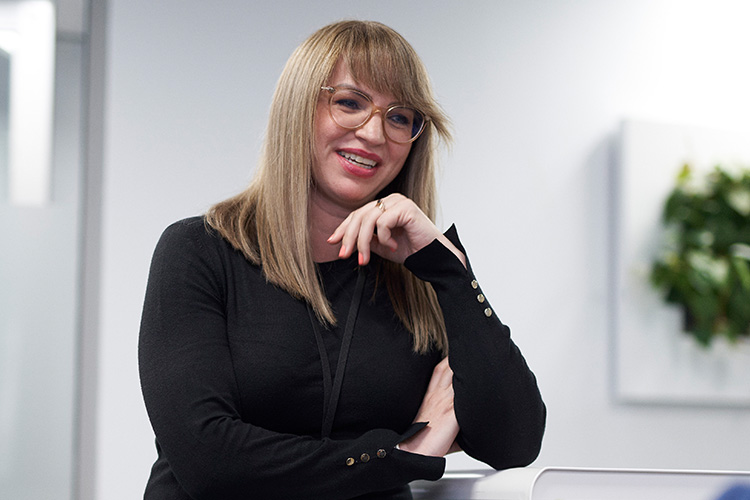 5 reasons to join at IQVIA There are countless reasons people choose IQVIA; the collaborative people, the breadth and depth of opportunities, and so much more. No matter the role, here are five reasons we think you will love working at IQVIA. Learn More October 03, 2024 6 Minute Read Article Culture Blog Related Content - Home Related Content - Company Related Content - Culture Related Content - Benefits Related Content - Diversity Related Content - Saved Blog Related Content - Culture
5 reasons to join at IQVIA There are countless reasons people choose IQVIA; the collaborative people, the breadth and depth of opportunities, and so much more. No matter the role, here are five reasons we think you will love working at IQVIA. Learn More October 03, 2024 6 Minute Read Article Culture Blog Related Content - Home Related Content - Company Related Content - Culture Related Content - Benefits Related Content - Diversity Related Content - Saved Blog Related Content - Culture -
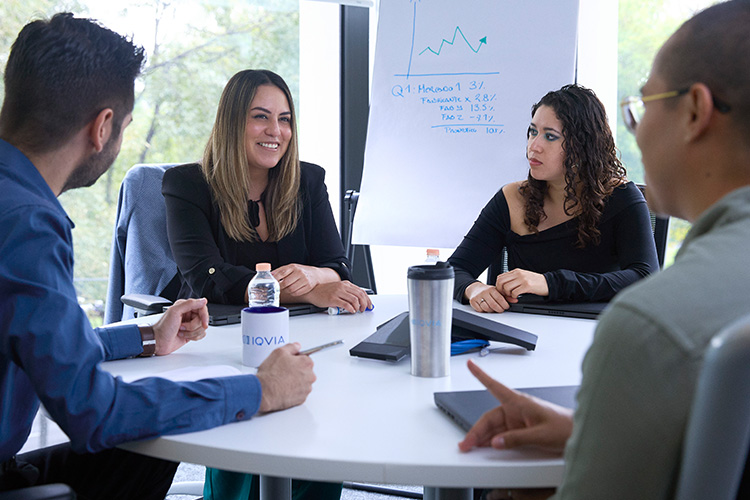 Leadership perspectives on our culture There are four principles to define what it means to be an IQVIAN. Hear perspectives from leaders around the world on why these attributes are essential to our culture and the work we do. Learn More January 06, 2025 7 Minute Read Video Culture Related Content Blog Related Content - Culture Blog Related Content - Culture
Leadership perspectives on our culture There are four principles to define what it means to be an IQVIAN. Hear perspectives from leaders around the world on why these attributes are essential to our culture and the work we do. Learn More January 06, 2025 7 Minute Read Video Culture Related Content Blog Related Content - Culture Blog Related Content - Culture -
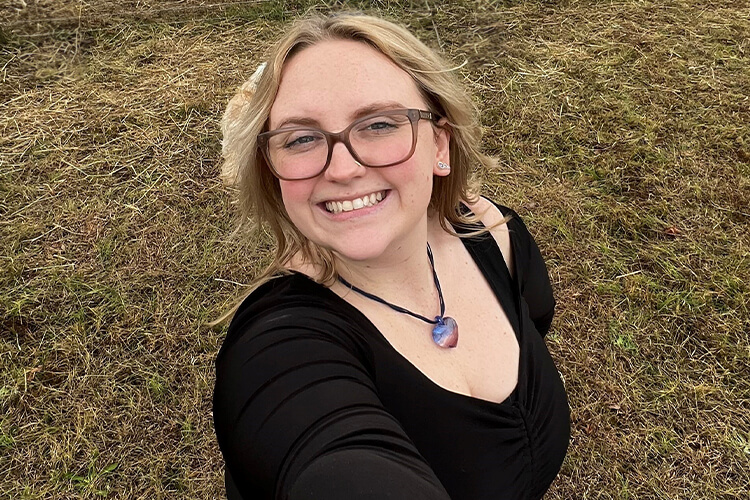 A day in the life as a Clinical Operations Manager Join Candice Bond as she takes you through a day in her life as a Clinical Operations Manager at IQVIA. Learn More January 23, 2024 2 Minute Read Video Careers Related Content Blog Blog Related Content - Careers Related Content - Clinical Research
A day in the life as a Clinical Operations Manager Join Candice Bond as she takes you through a day in her life as a Clinical Operations Manager at IQVIA. Learn More January 23, 2024 2 Minute Read Video Careers Related Content Blog Blog Related Content - Careers Related Content - Clinical Research -
 Driving Innovation: Shalabh’s career journey From software development to leading global teams, Shalabh's journey highlights the broad range of opportunities available at IQVIA. Learn More May 16, 2025 5 Minute Read Video Careers Related Content Blog Blog Related Content - Careers Related Content - Clinical Research
Driving Innovation: Shalabh’s career journey From software development to leading global teams, Shalabh's journey highlights the broad range of opportunities available at IQVIA. Learn More May 16, 2025 5 Minute Read Video Careers Related Content Blog Blog Related Content - Careers Related Content - Clinical Research -
 Six in 60 with Karen Becerra Senior Client Services Lead Karen Becerra is taking 60 seconds to share her perspective on working at IQVIA. Take a look. Learn More March 04, 2025 6 Minute Read Video Careers Related Content Blog Blog Related Content - Careers
Six in 60 with Karen Becerra Senior Client Services Lead Karen Becerra is taking 60 seconds to share her perspective on working at IQVIA. Take a look. Learn More March 04, 2025 6 Minute Read Video Careers Related Content Blog Blog Related Content - Careers -
 Empowering growth: Smit's career journey Embarking on a career journey with IQVIA has been a transformative experience for Smit. Watch to learn more about the remarkable growth, both horizontally and vertically, he has experienced since it all began through his institute's campus recruitment program. Learn More May 20, 2025 4 Minute Read Video Careers Related Content Blog - Featured Related Content - Home Blog Related Content - Careers Related Content - Clinical Research
Empowering growth: Smit's career journey Embarking on a career journey with IQVIA has been a transformative experience for Smit. Watch to learn more about the remarkable growth, both horizontally and vertically, he has experienced since it all began through his institute's campus recruitment program. Learn More May 20, 2025 4 Minute Read Video Careers Related Content Blog - Featured Related Content - Home Blog Related Content - Careers Related Content - Clinical Research -
 Quick Questions with a Clinical Research Associate Play a game of pickleball with Nisha Shah to get a glimpse into work and life as a CRA at IQVIA. Learn More January 30, 2024 3 minute read Blog Careers Related Content Blog Related Content - CRA Blog Related Content - Careers Related Content - Clinical Research
Quick Questions with a Clinical Research Associate Play a game of pickleball with Nisha Shah to get a glimpse into work and life as a CRA at IQVIA. Learn More January 30, 2024 3 minute read Blog Careers Related Content Blog Related Content - CRA Blog Related Content - Careers Related Content - Clinical Research -
 Sparking new connections and reigniting old Watch as former IQVIA colleagues reconnect, share their journeys, and spark new career possibilities at our IQVIA Alumni Network event in Bangalore. Learn More December 05, 2024 2 Minute Read Video Community Blog Related Content - Alumni Blog Related Content - Community
Sparking new connections and reigniting old Watch as former IQVIA colleagues reconnect, share their journeys, and spark new career possibilities at our IQVIA Alumni Network event in Bangalore. Learn More December 05, 2024 2 Minute Read Video Community Blog Related Content - Alumni Blog Related Content - Community -
 Quick Questions with a Clinical Research Associate in Amsterdam Stroll through IQVIA’s Amsterdam, Netherlands office with Iza Cools as she shares her personal experience on what it is like to work as a CRA at IQVIA. Learn More March 19, 2024 3 Minute Read Video Careers Related Content Blog Related Content - CRA Blog Related Content - Careers Related Content - Clinical Research
Quick Questions with a Clinical Research Associate in Amsterdam Stroll through IQVIA’s Amsterdam, Netherlands office with Iza Cools as she shares her personal experience on what it is like to work as a CRA at IQVIA. Learn More March 19, 2024 3 Minute Read Video Careers Related Content Blog Related Content - CRA Blog Related Content - Careers Related Content - Clinical Research -
 Six in 60 with Alistair Grenfell Take 60 seconds to watch Alistair Grenfell, President Europe, Middle East, Africa and South Asia & Global Head of Public Health share his thoughts on why you should join IQVIA. Learn More July 15, 2024 1 Minute Read Video Careers Blog Related Content - Culture Blog Related Content - Careers
Six in 60 with Alistair Grenfell Take 60 seconds to watch Alistair Grenfell, President Europe, Middle East, Africa and South Asia & Global Head of Public Health share his thoughts on why you should join IQVIA. Learn More July 15, 2024 1 Minute Read Video Careers Blog Related Content - Culture Blog Related Content - Careers -
 Francesco’s return to IQVIA Watch as Business Development Director Francesco D’Agostino shares his journey back to IQVIA—and why he thinks you should join, too. Learn More December 05, 2024 2 Minute Read Video Careers Blog Related Content - Alumni Blog Related Content - Careers
Francesco’s return to IQVIA Watch as Business Development Director Francesco D’Agostino shares his journey back to IQVIA—and why he thinks you should join, too. Learn More December 05, 2024 2 Minute Read Video Careers Blog Related Content - Alumni Blog Related Content - Careers -
 Linda’s return to IQVIA Watch Clinical Operations Associate Director Linda VonBurg share why she decided to make her return to IQVIA and how IQVIA has evolved in so many positive ways. Learn More February 10, 2025 6 Minute Read Video Careers Related Content Blog Related Content - Alumni Blog Related Content - Careers
Linda’s return to IQVIA Watch Clinical Operations Associate Director Linda VonBurg share why she decided to make her return to IQVIA and how IQVIA has evolved in so many positive ways. Learn More February 10, 2025 6 Minute Read Video Careers Related Content Blog Related Content - Alumni Blog Related Content - Careers -
 6 skills to be a successful CRA Learn what six essential skills drive the success of our Clinical Research Associates. Learn More October 12, 2023 7 MINUTE READ Article Careers Related Content Blog Related Content - CRA Blog Related Content - Careers Related Content - Clinical Research
6 skills to be a successful CRA Learn what six essential skills drive the success of our Clinical Research Associates. Learn More October 12, 2023 7 MINUTE READ Article Careers Related Content Blog Related Content - CRA Blog Related Content - Careers Related Content - Clinical Research -
 European Thought Leadership internship program European Thought Leadership interns, Riming and Bayley, reflect on their time at IQVIA, sharing their first impressions and most memorable moments. Learn More October 24, 2023 5 MINUTE READ Interview Interns Related Content Blog Blog Related Content - Interns
European Thought Leadership internship program European Thought Leadership interns, Riming and Bayley, reflect on their time at IQVIA, sharing their first impressions and most memorable moments. Learn More October 24, 2023 5 MINUTE READ Interview Interns Related Content Blog Blog Related Content - Interns -
 Career growth as a CRA Discover ways to grow and stretch into any of our clinical career opportunities when you join as a CRA. Learn More October 12, 2023 6 MINUTE READ Infographic Careers Related Content Blog Related Content - CRA Blog Related Content - Careers Related Content - Clinical Research
Career growth as a CRA Discover ways to grow and stretch into any of our clinical career opportunities when you join as a CRA. Learn More October 12, 2023 6 MINUTE READ Infographic Careers Related Content Blog Related Content - CRA Blog Related Content - Careers Related Content - Clinical Research -
 Four skills to build to become a trusted consultant: Insights from the frontlines of consulting at IQVIA Our consulting experts at IQVIA share key advice on becoming a trusted consultant, guiding you through essential skills you’ll need to succeed. Learn More December 12, 2024 4 Minute Read Blog Careers Blog Blog Related Content - Careers Related Content - Consulting
Four skills to build to become a trusted consultant: Insights from the frontlines of consulting at IQVIA Our consulting experts at IQVIA share key advice on becoming a trusted consultant, guiding you through essential skills you’ll need to succeed. Learn More December 12, 2024 4 Minute Read Blog Careers Blog Blog Related Content - Careers Related Content - Consulting -
 Olivia Bicknell’s #BraveReturn to IQVIA Olivia Bicknell’s #BraveReturn to IQVIA Learn More October 18, 2023 6 MINUTE READ Article Careers Related Content Blog Related Content - Alumni
Olivia Bicknell’s #BraveReturn to IQVIA Olivia Bicknell’s #BraveReturn to IQVIA Learn More October 18, 2023 6 MINUTE READ Article Careers Related Content Blog Related Content - Alumni -
 A day in the life as a Senior Consultant Hear Join Parija Parikh, Senior Consultant, as she shares what it is like to work in consulting at IQVIA’s Mumbai, India office. Learn More August 19, 2024 3 Minute Read Video Careers Blog Related Content - Home Blog Related Content - Careers Related Content - Consulting
A day in the life as a Senior Consultant Hear Join Parija Parikh, Senior Consultant, as she shares what it is like to work in consulting at IQVIA’s Mumbai, India office. Learn More August 19, 2024 3 Minute Read Video Careers Blog Related Content - Home Blog Related Content - Careers Related Content - Consulting -
 Freelancers, your skills are in demand for full-time clinical research roles Five reasons to make the switch Learn More June 13, 2025 5 Minute Read Article Careers Related Content Blog - Featured Related Content - Company Blog Related Content - Careers
Freelancers, your skills are in demand for full-time clinical research roles Five reasons to make the switch Learn More June 13, 2025 5 Minute Read Article Careers Related Content Blog - Featured Related Content - Company Blog Related Content - Careers -
 Your guide to IQVIA internships Get answers to some of the most commonly asked internship questions. Learn More November 05, 2023 7 MINUTE READ Article Interns Related Content Blog Blog Related Content - Interns
Your guide to IQVIA internships Get answers to some of the most commonly asked internship questions. Learn More November 05, 2023 7 MINUTE READ Article Interns Related Content Blog Blog Related Content - Interns -
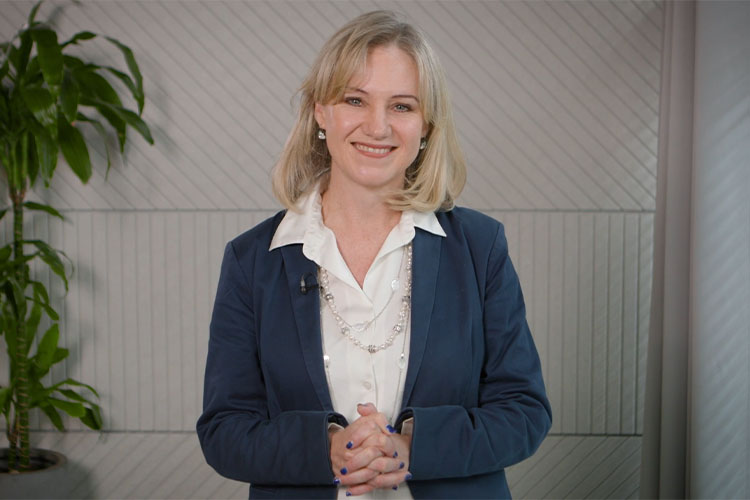 Six questions in 60 seconds with a Centralized Monitoring Director Emdri Smith, Director of Centralized Monitoring in London is answering six rapid-fire questions in 60 seconds, covering her role, being a manager and IQVIA’s culture. Learn More June 18, 2024 1 Minute Read Video Careers Blog Blog Related Content - Careers Related Content - Clinical Research
Six questions in 60 seconds with a Centralized Monitoring Director Emdri Smith, Director of Centralized Monitoring in London is answering six rapid-fire questions in 60 seconds, covering her role, being a manager and IQVIA’s culture. Learn More June 18, 2024 1 Minute Read Video Careers Blog Blog Related Content - Careers Related Content - Clinical Research -
 Alumni Spotlight: IQVIA career leads to non-profit IQVIA Alumni Network member, Shekar Hariharan, shares how his experience at IQVIA positioned him to follow his passion for philanthropy and start a non-profit. Learn More October 17, 2023 3 MINUTE READ Blog Community Related Content Blog Related Content - Alumni Blog Related Content - Community
Alumni Spotlight: IQVIA career leads to non-profit IQVIA Alumni Network member, Shekar Hariharan, shares how his experience at IQVIA positioned him to follow his passion for philanthropy and start a non-profit. Learn More October 17, 2023 3 MINUTE READ Blog Community Related Content Blog Related Content - Alumni Blog Related Content - Community -
 7 skills to future-proof your career Transformations, disruptors and trends... Don’t steer away from change. Embrace it. Learn how these seven skills can help you consider whether or not you are positioned for a future-ready career. Learn More November 03, 2023 5 MINUTE READ Article Careers Related Content Blog Related Content - Home Related Content - FAQ Related Content - Saved Blog Related Content - Careers
7 skills to future-proof your career Transformations, disruptors and trends... Don’t steer away from change. Embrace it. Learn how these seven skills can help you consider whether or not you are positioned for a future-ready career. Learn More November 03, 2023 5 MINUTE READ Article Careers Related Content Blog Related Content - Home Related Content - FAQ Related Content - Saved Blog Related Content - Careers -
 Gurjeet returns to IQVIA Gurjeet Chana, senior clinical research associate, reflects on what drew her back and her experience since rejoining the IQVIA team. Learn More October 11, 2023 4 MINUTE READ Article Careers Related Content Blog Related Content - Alumni Blog Related Content - Careers Related Content - Clinical Research
Gurjeet returns to IQVIA Gurjeet Chana, senior clinical research associate, reflects on what drew her back and her experience since rejoining the IQVIA team. Learn More October 11, 2023 4 MINUTE READ Article Careers Related Content Blog Related Content - Alumni Blog Related Content - Careers Related Content - Clinical Research -
 What fuels our CRAs? Hear it straight from our team Watch IQVIA clinical research associates share the passion that drives them to come to work every day. Learn More June 13, 2025 6 Minute Read Video Careers Related Content Blog - Featured Related Content - Company Related Content - CRA Blog Related Content - Careers Related Content - Clinical Research
What fuels our CRAs? Hear it straight from our team Watch IQVIA clinical research associates share the passion that drives them to come to work every day. Learn More June 13, 2025 6 Minute Read Video Careers Related Content Blog - Featured Related Content - Company Related Content - CRA Blog Related Content - Careers Related Content - Clinical Research -
 Path from CTA to Business Operations Mother of two and beach lover, Dana Joyner, highlights her limitless career at IQVIA by sharing her path from Clinical Trials Assistant to Business Operations and Capabilities Director. Learn More May 23, 2024 4 Minute Read Article Careers Related Content Blog Blog Related Content - Careers Related Content - Clinical Research
Path from CTA to Business Operations Mother of two and beach lover, Dana Joyner, highlights her limitless career at IQVIA by sharing her path from Clinical Trials Assistant to Business Operations and Capabilities Director. Learn More May 23, 2024 4 Minute Read Article Careers Related Content Blog Blog Related Content - Careers Related Content - Clinical Research -
 Salman’s return to IQVIA Watch as Associate Solutions Sales Director Salman Rizvi shares how he’s embracing innovation and collaboration to drive positive impact for clients and patients upon his return to IQVIA. Learn More March 28, 2025 2 Minute Read Video Careers Related Content Blog Related Content - Company Related Content - Alumni Blog Related Content - Careers
Salman’s return to IQVIA Watch as Associate Solutions Sales Director Salman Rizvi shares how he’s embracing innovation and collaboration to drive positive impact for clients and patients upon his return to IQVIA. Learn More March 28, 2025 2 Minute Read Video Careers Related Content Blog Related Content - Company Related Content - Alumni Blog Related Content - Careers -
 Alumni Spotlight: Doing the math and making it count Alumna, Karrie Liu, a mathematics guru, turned her passion for numbers into a career in real world healthcare data and analytics. Learn More October 17, 2023 4 MINUTE READ Blog Community Related Content Blog Related Content - Alumni Blog Related Content - Community
Alumni Spotlight: Doing the math and making it count Alumna, Karrie Liu, a mathematics guru, turned her passion for numbers into a career in real world healthcare data and analytics. Learn More October 17, 2023 4 MINUTE READ Blog Community Related Content Blog Related Content - Alumni Blog Related Content - Community -
 4 ways to build a future-ready career at IQVIA Create your personalized career path with IQVIA’s Career Model – whether you're already an IQVIAN, or aspiring to be one. Learn More January 30, 2025 5 Minute Read Blog Careers Blog Related Content - Culture Blog Related Content - Careers
4 ways to build a future-ready career at IQVIA Create your personalized career path with IQVIA’s Career Model – whether you're already an IQVIAN, or aspiring to be one. Learn More January 30, 2025 5 Minute Read Blog Careers Blog Related Content - Culture Blog Related Content - Careers -
 Six in 60 with Sean Kollath-Newport Clinical Project Manager Sean Kollath-Newport is taking 60 seconds to share his perspective on working at IQVIA. Take a look. Learn More April 18, 2025 4 Minute Read Interview Careers Related Content Blog Blog Related Content - Careers Related Content - Clinical Research
Six in 60 with Sean Kollath-Newport Clinical Project Manager Sean Kollath-Newport is taking 60 seconds to share his perspective on working at IQVIA. Take a look. Learn More April 18, 2025 4 Minute Read Interview Careers Related Content Blog Blog Related Content - Careers Related Content - Clinical Research -
 From CRA to Clinical Project Management Lucia shares how she used her CRA experience to take on a new role in Clinical Project Management. Learn More October 10, 2023 5 MINUTE READ Blog Careers Related Content Blog Related Content - CRA Blog Related Content - Careers Related Content - Clinical Research
From CRA to Clinical Project Management Lucia shares how she used her CRA experience to take on a new role in Clinical Project Management. Learn More October 10, 2023 5 MINUTE READ Blog Careers Related Content Blog Related Content - CRA Blog Related Content - Careers Related Content - Clinical Research -
 Six questions in 60 seconds with a Senior Data Team Lead Senior Data Team Lead, Leah Colquhoun, is answering six rapid-fire questions in 60 seconds to give you a snapshot into her return to IQVIA and what she enjoys most about working at IQVIA today. Learn More August 12, 2024 1 Minute Read Video Careers Blog Blog Related Content - Careers Related Content - Clinical Research
Six questions in 60 seconds with a Senior Data Team Lead Senior Data Team Lead, Leah Colquhoun, is answering six rapid-fire questions in 60 seconds to give you a snapshot into her return to IQVIA and what she enjoys most about working at IQVIA today. Learn More August 12, 2024 1 Minute Read Video Careers Blog Blog Related Content - Careers Related Content - Clinical Research -
 No stone left unturned: A glimpse at Wendy’s career journey President of Clinical Operations, R&DS, shares pivotal career moments and transformative experiences as well as how the power of career exploration has shaped her into the leader she is today. Learn More November 06, 2023 6 MINUTE READ Blog Careers Related Content Blog Related Content - CRA Blog Related Content - Careers Related Content - Clinical Research
No stone left unturned: A glimpse at Wendy’s career journey President of Clinical Operations, R&DS, shares pivotal career moments and transformative experiences as well as how the power of career exploration has shaped her into the leader she is today. Learn More November 06, 2023 6 MINUTE READ Blog Careers Related Content Blog Related Content - CRA Blog Related Content - Careers Related Content - Clinical Research -
 Opportunities unlocked: Vijay’s IQVIA journey Vijay’s career journey at IQVIA has been nothing short of transformative. Watch as he describes what sets IQVIA apart. Learn More March 31, 2025 2 Minute Read Video Careers Related Content Blog Blog Related Content - Careers Related Content - Clinical Research
Opportunities unlocked: Vijay’s IQVIA journey Vijay’s career journey at IQVIA has been nothing short of transformative. Watch as he describes what sets IQVIA apart. Learn More March 31, 2025 2 Minute Read Video Careers Related Content Blog Blog Related Content - Careers Related Content - Clinical Research -
 Six questions in 60 seconds with a Commercial Strategy Consultant Six questions answered in 60 seconds… Watch Cameron Elphick, Associate Consultant, Commercial Strategy as he highlights what it’s like to work at IQVIA in London. Learn More May 29, 2024 1 Minute Read Video Careers Related Content Blog Blog Related Content - Careers Related Content - Consulting
Six questions in 60 seconds with a Commercial Strategy Consultant Six questions answered in 60 seconds… Watch Cameron Elphick, Associate Consultant, Commercial Strategy as he highlights what it’s like to work at IQVIA in London. Learn More May 29, 2024 1 Minute Read Video Careers Related Content Blog Blog Related Content - Careers Related Content - Consulting -
 Leadership training programs at IQVIA One of the many reasons people choose to work at IQVIA is our commitment to help our employees achieve their career aspirations. Learn about the various leadership training programs available here. Learn More September 05, 2024 4 Minute Read Article Careers Culture Blog Related Content - Culture Blog Related Content - Careers
Leadership training programs at IQVIA One of the many reasons people choose to work at IQVIA is our commitment to help our employees achieve their career aspirations. Learn about the various leadership training programs available here. Learn More September 05, 2024 4 Minute Read Article Careers Culture Blog Related Content - Culture Blog Related Content - Careers -
 What’s your IQVIA superpower? Take the quiz! At IQVIA, we all bring unique talents that drive healthcare forward in different ways. Take our quiz to find out what your superpower is and how it can contribute to our mission. Learn More March 26, 2025 5 Minute Read Article Careers Related Content Blog Related Content - Company Blog Related Content - Careers
What’s your IQVIA superpower? Take the quiz! At IQVIA, we all bring unique talents that drive healthcare forward in different ways. Take our quiz to find out what your superpower is and how it can contribute to our mission. Learn More March 26, 2025 5 Minute Read Article Careers Related Content Blog Related Content - Company Blog Related Content - Careers -
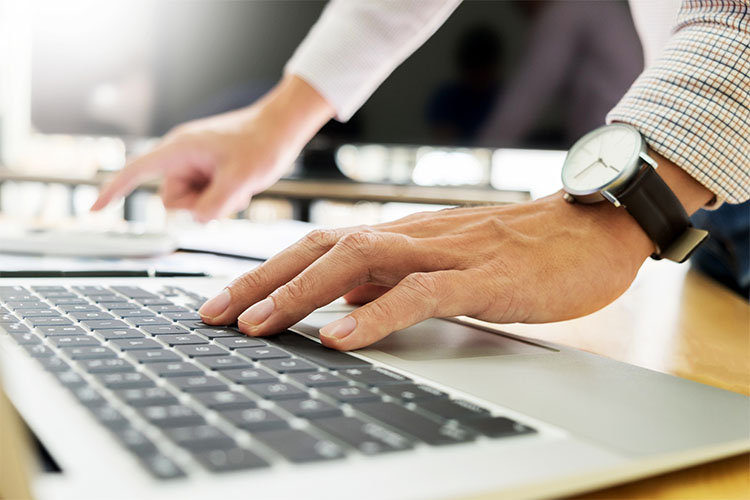 5-steps to crafting an impactful resume for a Clinical Research Associate Looking to master the art of writing a compelling CRA resume? We’re mapping the five steps you’ll want to take so you’re ready for the next CRA role at IQVIA. Learn More April 10, 2024 6 Minute Read Article Careers Blog Related Content - CRA Blog Related Content - Careers Related Content - Clinical Research
5-steps to crafting an impactful resume for a Clinical Research Associate Looking to master the art of writing a compelling CRA resume? We’re mapping the five steps you’ll want to take so you’re ready for the next CRA role at IQVIA. Learn More April 10, 2024 6 Minute Read Article Careers Blog Related Content - CRA Blog Related Content - Careers Related Content - Clinical Research -
 Six in 60 with Rob Kotchie Take 60 seconds to watch President of Real World Solutions, Rob Kotchie, share his perspective on the magic of working at IQVIA. Learn More August 26, 2024 2 Minute Read Video Careers Blog Blog Related Content - Careers
Six in 60 with Rob Kotchie Take 60 seconds to watch President of Real World Solutions, Rob Kotchie, share his perspective on the magic of working at IQVIA. Learn More August 26, 2024 2 Minute Read Video Careers Blog Blog Related Content - Careers -
 The internship experience Three former interns give a peek into their experience during IQVIA's 10-week internship program. Learn More October 12, 2023 2 MINUTE READ Video Interns Related Content Blog Blog Related Content - Interns
The internship experience Three former interns give a peek into their experience during IQVIA's 10-week internship program. Learn More October 12, 2023 2 MINUTE READ Video Interns Related Content Blog Blog Related Content - Interns -
 Landed the interview? Five insider tips to stand out and get hired at IQVIA Check out these five insider tips to give you the edge in any IQVIA interview. Learn More March 11, 2025 5 Minute Read Interview Careers Related Content Blog Related Content - Company Blog Related Content - Careers
Landed the interview? Five insider tips to stand out and get hired at IQVIA Check out these five insider tips to give you the edge in any IQVIA interview. Learn More March 11, 2025 5 Minute Read Interview Careers Related Content Blog Related Content - Company Blog Related Content - Careers -
 Celebrating our people: India Appreciation Week To recognize the more than 20,000 employees based in India, the local team held their first India Appreciation Week. Learn More October 20, 2023 6 MINUTE READ Blog Community Related Content Blog Blog Related Content - Community
Celebrating our people: India Appreciation Week To recognize the more than 20,000 employees based in India, the local team held their first India Appreciation Week. Learn More October 20, 2023 6 MINUTE READ Blog Community Related Content Blog Blog Related Content - Community -
 Germany employees kayak to fight environmental pollution IQVIANs use their IQVIA Day to paddle across Berlin to fish plastic and other garbage from the waters. Learn More October 19, 2023 1 MINUTE READ Article Community Related Content Blog Related Content - Culture Related Content - Benefits Blog Related Content - Community
Germany employees kayak to fight environmental pollution IQVIANs use their IQVIA Day to paddle across Berlin to fish plastic and other garbage from the waters. Learn More October 19, 2023 1 MINUTE READ Article Community Related Content Blog Related Content - Culture Related Content - Benefits Blog Related Content - Community

